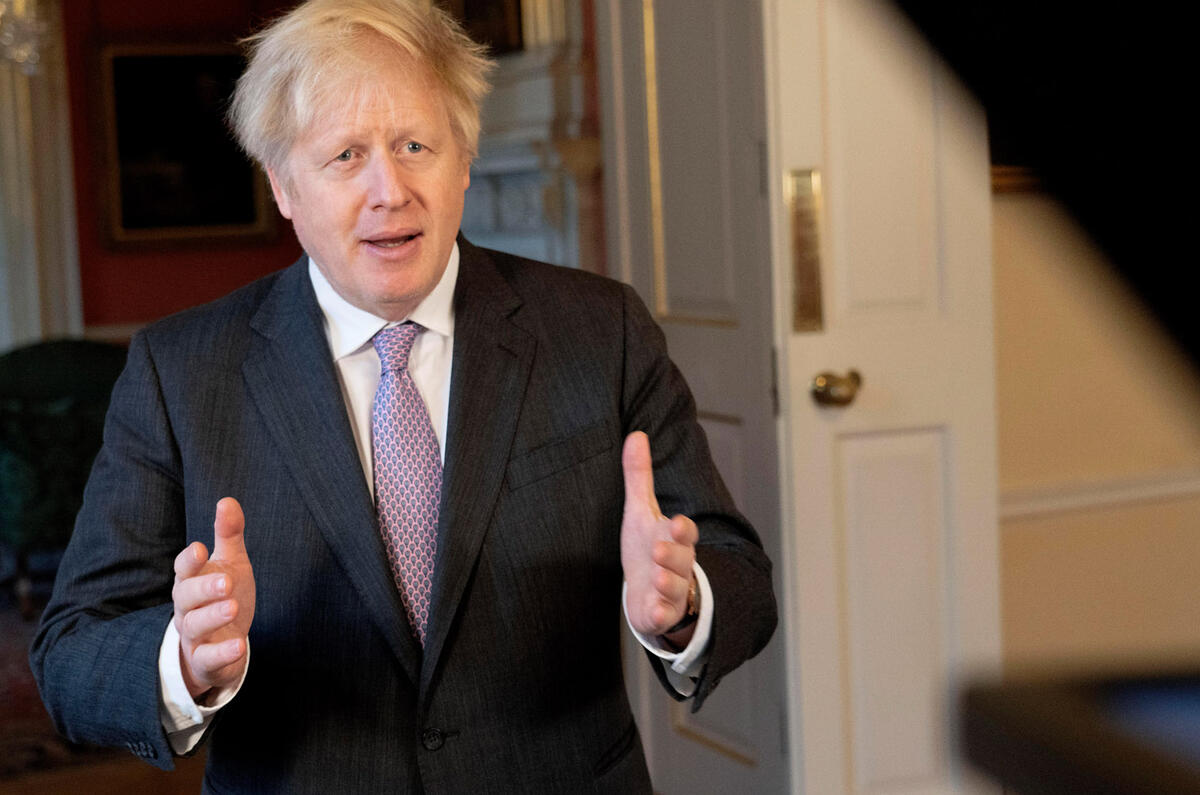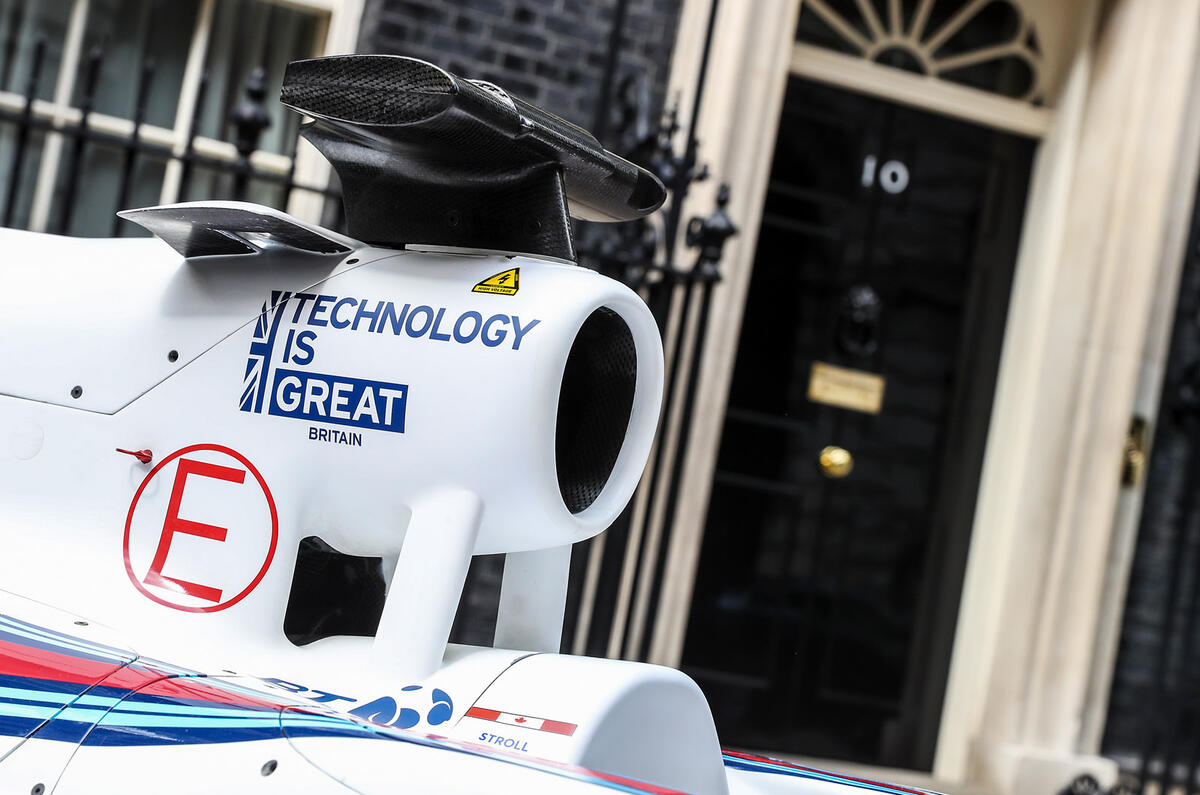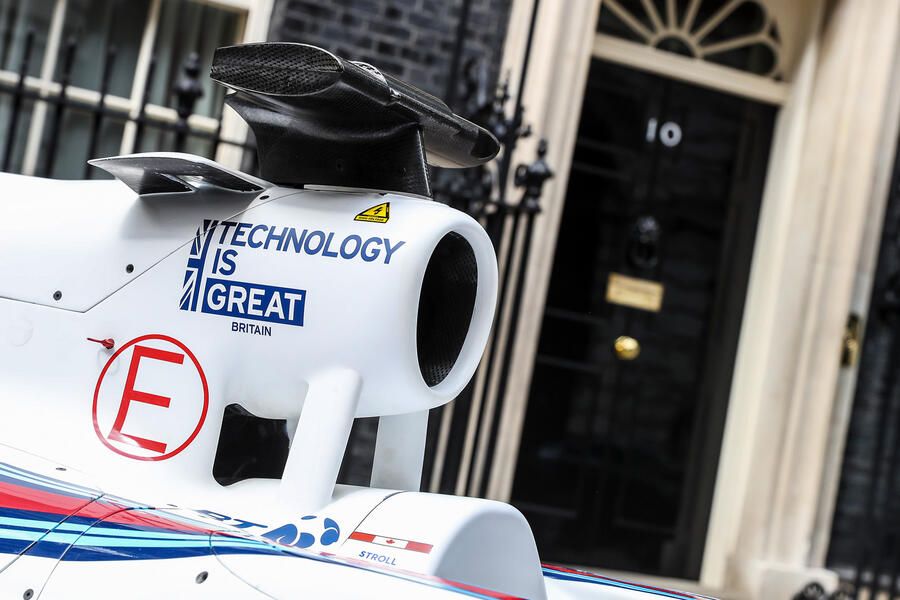The upcoming 2030 ban on new petrol and diesel cars will transform UK motoring on a scale never seen before. This story is part of a wider analysis of the challenges faced by consumers, government and the automotive industry, what needs to happen, and how such drastic changes can be achieved over the next decade.
Read the rest of this series here: Countdown to year zero - what needs to happen by 2030?
By acting earlier than the US, Europe and Japan, are we putting out industries at any kind of competitive disadvantage?
Business tends to go where business is, so the chances are that any UK-based manufacturers or suppliers will continue to make and supply whatever is most profitable for as long as they are able. With most studies reckoning on EVs accounting for 30% of global sales by 2025 and a majority of sales by 2030, the UK’s move is unlikely to undermine competitiveness and might even spur investment in this new, long-term tech earlier than planned.
How will the government keep to such an aggressive timetable without the feeling of coercion overtaking everything?
The problem with the hard deadline is that the government needs to prove that EVs aren’t just a positive, practical choice for some or even most motorists but for all of them. And while the sale of used ICE cars for at least 15 years beyond the 2030 deadline seems likely, telling some people that they either have to buy second-hand or accept compromises is a tough political agenda to pursue, especially if it disadvantages the less well off or those living in more remote locations.
Of course, new EV costs and capability will improve considerably in the intervening decade – after all, they have significantly in the past 10 years without there being the R&D spend or impetus that exists today – and for many people, the barriers that exist to ownership today will be overcome.
But it’s hard to imagine that EVs will be as attractive as a petrol or diesel-engined car is today for everyone, and it’s these cases – however fringe – that will need to be addressed. ‘Like it or lump it’ has never been a great look politically, yet it’s something that the hard deadline inevitably risks the government having to impose.
Is the government likely to promote its aims by majoring on incentives or on penalties?
As always, there will be an element of carrot and stick. Today, the former is prevalent, with the plug-in car grant (PiCG), road tax breaks and congestion exemptions, plus of course the relative cheapness of charging compared with refuelling.
However, reductions in these incentives are inevitable, with grants and tax cuts certain to ease over time and road charging firmly on the agenda to replace fuel tax, removing another saving from the mix. All of this may be emotionally charged, but there’s a stark truth to the fact that motorists have long been a cash cow for governments that they won’t be giving up in a hurry. As ever, personal mobility will come at a high price.
What’s more, with the cost-saving benefits washed away, it’s not inconceivable that punitive taxes could be an option in order to force EV uptake. France’s Malus tax, for example, hits the purchase of vehicles that emit 133g/km of CO2 or more, up to the tune of about £33,000 for the biggest polluters. Would you still lust after a hot hatch if 20% was added to its price as an environmental surcharge?








Join the debate
Add your comment
What the government is failing to acknowledge, is that there are many much cleaner and even CO2 neutral liquid fuels available that can be used in the vast majority of existing cars. These fuels are actually better for the environment (and much more ethically acceptable) than electric car batteries are. Anyone can just search for "Exempt CO2 neutral Efuel & other cleaner fuel cars from 2030 petrol/diesel new sales ban" at change.org
The elephant in the room is the whole life environmental impact of EVs, especially those with large batteries. (Yes, I know oil is bad, sometimes it leaks into the sea and ICE cars produce polution, so don't shout that at me: it's doesn't make your EV's 100% clean). The European Comission has just published a huge and well researched study on this topic, so it will be interesting to see how that works into regulation. It looks fairly certain that Euro 7 will include a requirement for some sort of whole-life audit, so hopefully all vehicles will be included in that part of the requirement so we can drive some focus onto what needs to be improved. If the topic is constantly ignored by journalists (maybe it attracts too much hate from blinkered, badly-informed readers?) and dismissed by EVangelists as the lies of 'Big Oil', it will take much longer to fix than it would if we could discuss it in public and drive some regulatory attention.Just to be clear before some readers reach for their images of oil-soaked seaguls and children weezing in a haze of diesel smog (from old, badly maintained vehicles), I'm not saying EVs are bad. Clearly they make a huge contribution to urban air quality and are the way forward. I'm just saying they are not without their own challenges, and we need to be honest about them so they can be addressed and make EV even cleaner. It's very sad that I have to be so careful to head-off the anger of those who want a fight on this before we can even have the debate.
The government are setting us up for a right old fall here. For Britain's present car plants to continue selling new vehicles in 2030 at the same rate as they were doing before Covid, there are 3 very important planets that need to line up.
Firstly the product needs making a much more attractive proposition - EV charge times need to come right down, and EV range needs to go right up.
And our grid needs to be ready to feed approximately 15 million cars drawing 7kw each when they get plugged in every evening.
T'aint gonna happen.
The idea here is limit and fully control private mobility. You cannot store some electricity in a tank in your garage.
As far as taxes are concerned, no worries, when it comes to pulling money out of taxpayer pocket the government are very efficient. And tax on electricity opens up many new avenues for taxation.
I pressume you make these statements from the perspective of owning is modern EV...
1: Current charge rates are fine, a gen 3 supercharger will do an 80% charge in 20 minutes. Unlike a petrol car filling up you don't have to supervise it or pay for it. By the time you have had a piss and bought a sandwich it is finished. Alternatively watch a video on the 17 inch screen. Even for people who can't charge at home a fast charger will fill a car faster than you can do a supermarket shop.
2: 300+ miles is fine, I've holidayed in Cornwall from the Midlands no issues. For high end cars I suspect anything more than 450-500 is a waste as at that sort of range you can still do 300 miles at 90+mph.
3: The grid isn't an issue everyone involved is not particulary concerned. You see EV's use electricity, more of it than is currently consumed. The cars arrive one at a time rather than 20 million in one go. You may have noticed that when you use electricity money dissapears from your bank account. Guess how electric car charging will be funded......
With a renewables heavy grid in most circumstances there will actually be excess power as you overbuild, rather than curtailing this excess energy your car will use it to charge up cheaply. EV charging is actually pretty good for the grid as it can be used to generate "negawatts" by users stopping charging when demand is high.
Even if we surround our shores with wind farms, we still need nuclear, coal and gas as a back up for when we're stuck under a high pressure for a few days.
There are 35 million cars on UK roads at the moment. It's fair to say that at least just less than half of them will be plugged into the grid after tea time. That's 17 million x 7kw = 19GW ......HALF again added on top of our present demand.
The problem with this debate is that it's generally focussed on the technology people see on the road rather than the technology that is comming. We are talking 2030 here, with a ramp-up that is only just getting underway. It's like the anti ICE people talking about stinking diesels because they follow old vans and busses through the city. It's Euro 6d in the showrooms now and that's very clean. Euro 7 will be astonishing. In fact, for some applications, the whole-life environmental impact of a Euro 7 car will be less than that of a large EV. Regarding your points, fast charging will be so common that by 2030 we won'd have to worry about turning streetlamps into charging points or spikes in grid demand. We'll just roll up at the energy station, plug in, have a coffee, do a spot of shopping, and drive home with another 400 miles in the tank. What I see is a social problem where this scenario is available to people who can pay, while those dependent on older cars or even the cheapest new EVs will be stuck with longer charging times and substantially less convenience should they chose the EV option.